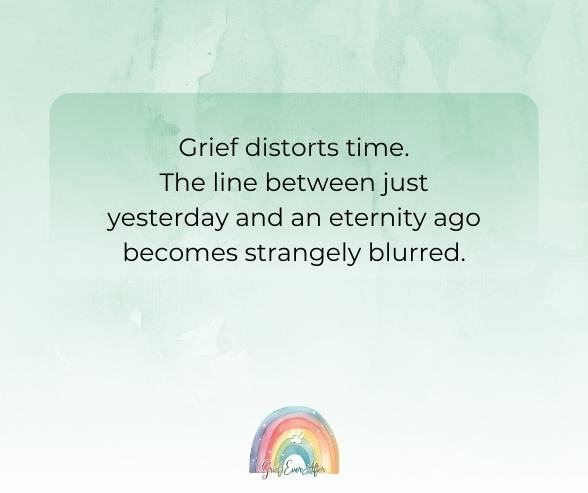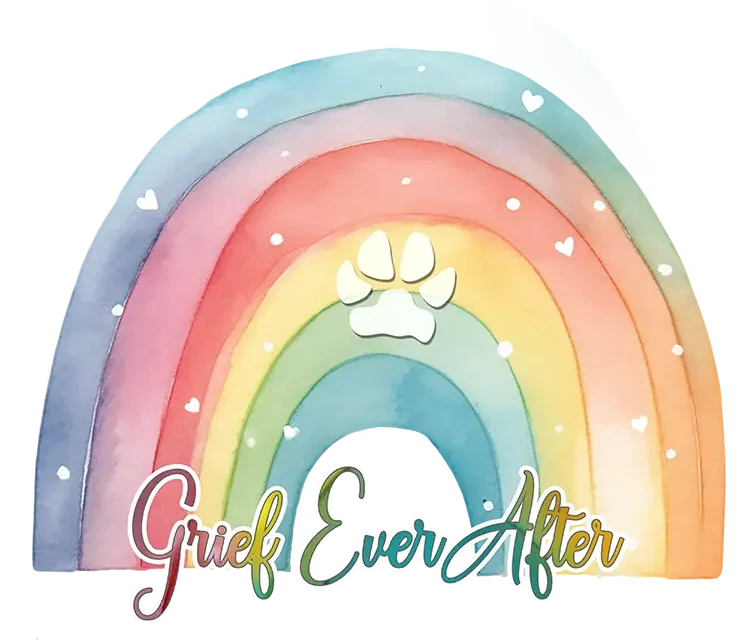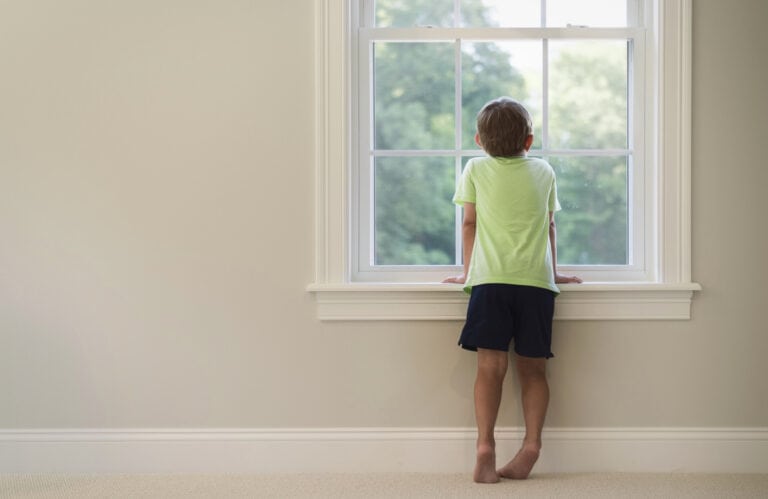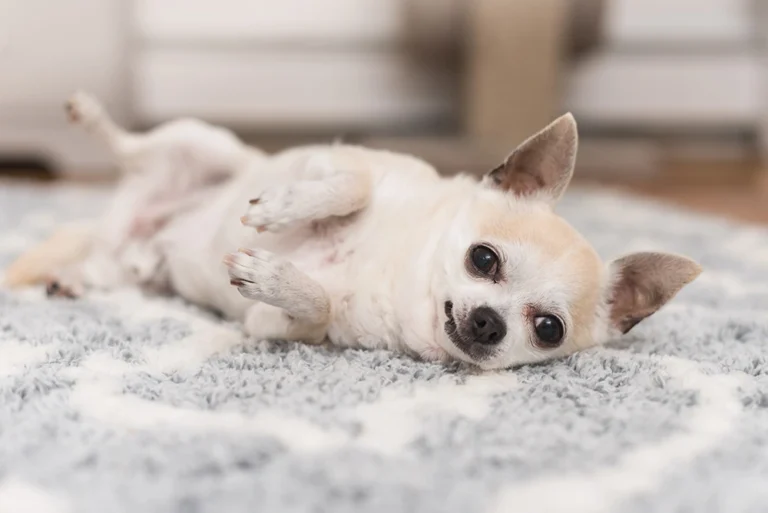How Long Does Grief Last After Pet Loss
How long does grief last after pet loss? The million dollar question that has no answer. A better one might be, “How long will grief be this painful?”
It’s one of the many paradoxes of grief. The hurt is so bad that you want to be through it, but you know the pain is as big as the love, so you can’t imagine living in a world where you’re not hurting so much.
Phew, that’s a lot to process.
There’s no set timeline in grief. The absence of such can add to the vortex of emotions you experience, especially early in grief. And, as if that’s not enough, you’re always going to love your pet so you will always grieve.
Will it change and evolve? It will. Will it always feel so deeply painful? It might be hard to believe, but no. Though it will always hurt, the sharp, cutting edge of grief does dull. But no one can tell you how long until it does.
The Four A’s of the Grief Journey
Without a timeline or answers to “how long”, the A’s can at least help develop a compassionate approach to grief and time.
These aren’t “stages” or whatever people like to say about grief that makes it sound neat and tidy. These “A’s” are amorphous periods during the experience of grief.
When you can understand and recognize these periods, hopefully it can feel like a small bit of validation and a reminder that it is all normal in grief and loss.
Absorption
The days and weeks early in grief where everything is surreal. It takes time for your brain, body and senses to absorb that this is really happening.
Absorption is often when grief can feel numb and disorienting. Grief brain sets in. Nothing makes sense or matters except the near constant reminders that oh, this actually is your life.
The pain is physical, mental and emotional. Maybe even the worst you’ve ever felt.
With pets encompassing so much of day to day life, loss makes literally everything feel different. This is why people often describe this as the hardest loss they’ve experienced.
You are now fully immersed in grief. The pain is all-consuming, occupying every corner of your mind and heart. The reality and enormity of your loss is sinking in.
Absorption hurts like a raw open wound.
Adjustment
When absorption starts to transition to adjustment you might think, “this hurts more than day one”. The numbness is wearing off and the full extent of your loss is becoming more evident, day by day.
While society may think you should be “starting to feel better”, reality is quite the opposite.
How do you adjust to a world that you can’t even envision? It still feels like your pet is at the vet, groomer, daycare, or just in the other room, and they’ll be back.
The neurons in your brain that are connected to their presence are still firing. You look where their favorite spot is, and your brain still anticipates they’ll be there. You’re hard-wired to your pet.
“Un-wiring” does not happen quickly or painlessly. It takes time and repetition for your mind to stop anticipating. Meanwhile, micro-losses are everywhere.
No one is barking out the window. You don’t have to clean the litter box. No meds need to be given or food to prepare. The same body is not pressed up against you in bed.
The painful losses that remind you over and over, multiple times a day, that you have to adjust to a completely changed world.
Adjustment is filled with sadness, fears, protest, and deep grief for the life and connection you’ve known and relied on.

Adaptation
Adaptation, by definition, is the evolutionary process whereby one becomes better able to live in it’s habitat. That sums it up pretty well.
You absorb that this is something you’re living through, begin adjusting to a totally different way of life and then start to slowly adapt.
Easy to say, not so easy to live through.
Little by little, you do begin to be better able to exist in this world without your pet. At a snail’s pace sometimes, but hey, forward is forward. This is where the transformation happens. Adapting to a changed world kind of demands an alteration of who you’ve been.
Ever so gingerly, you cultivate what life, love and connection look like now. You incorporate memories and the influence your pet had on your life into moving forward.
While it doesn’t get “easy” or “unpainful” it does become more familiar and we come to rely on the things that keep us feeling continually connected to them.
Humans are meant to live with both love and loss. Adaptation is a testament to resiliency, and the capacity for survival and growth.
Acceptance
Sometimes, acceptance is not my favorite word. I think the connotation is ambiguous when talking about death.
Is it accepting that your pet won’t be here anymore and somehow that’s “ok”? Is it more like resignation that they’ve died, without fully processing it?
Maybe, it’s the acceptance that we will all die. That as humans, we live in a world where we think we have control over a lot, but ultimately our control is very limited.
Possibly, it’s about knowing that even when life is “just right”, change is inevitable and sometimes that change includes death. But death doesn’t have the ability to stop love or connection. (read that a few times)
Death is powerful, but it’s not all powerful.
Acceptance may be understanding that you’re still here and the best way to honor someone who isn’t, is to live as fully as possible while continuing to love, remember, and talk about them.

Not only is there no timeline, but time itself is so warped while grieving. Days feel like months, weeks feel like seconds. The entire experience can feel unpredictable and fragile.
Though we don’t have an answer to the question “how long does grief last”, remind yourself that grief offers no benefit or advantage for quickness, nor does it evolve if you put the brakes on and don’t allow it to move forward.






